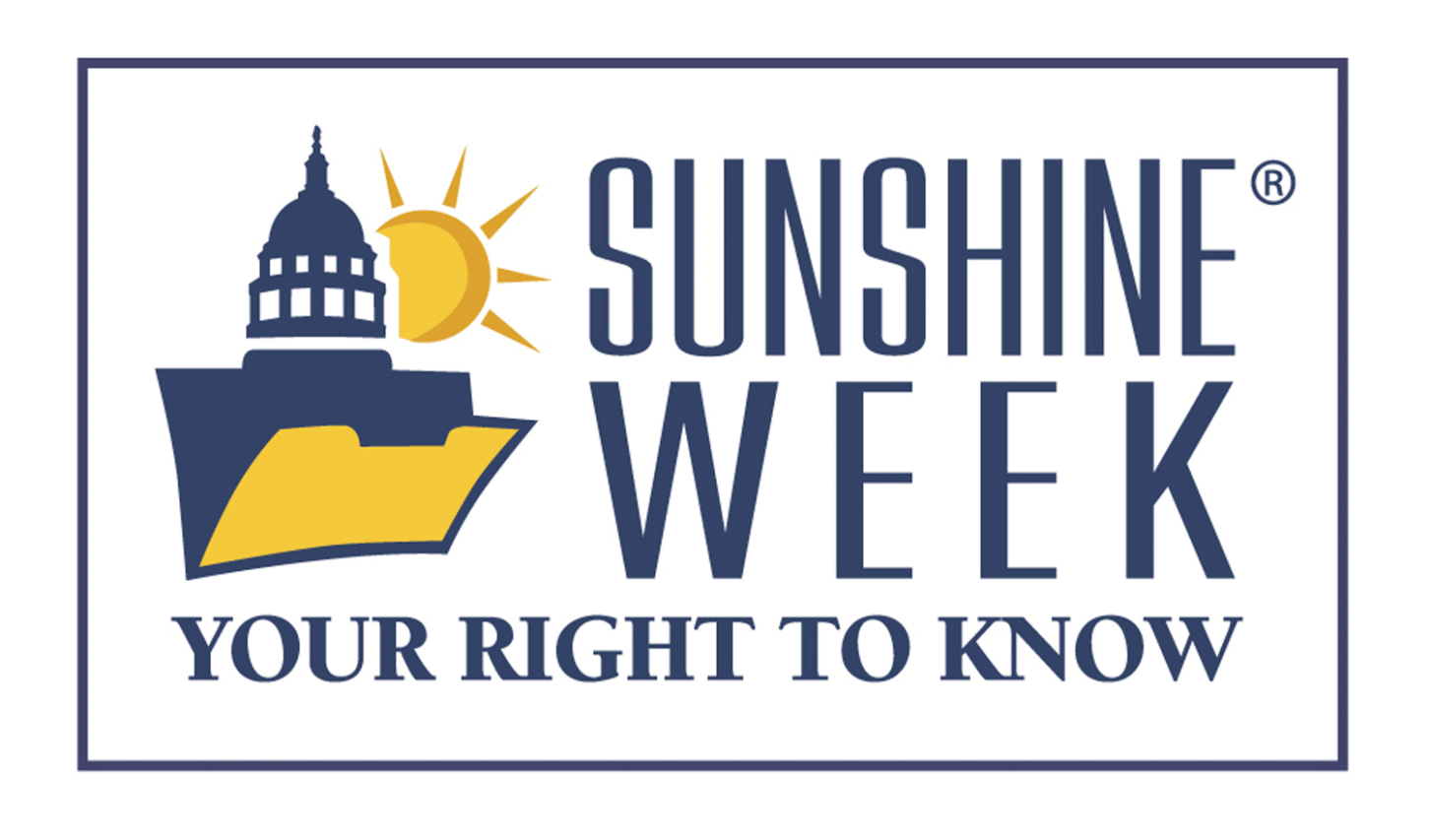
“If the broad light of day could be let in upon men’s actions, it would purify them as the sun disinfects,” wrote Supreme Court Justice Louis Brandeis. The statement is worth reinforcing as Sunshine Week marks its 16th anniversary March 14-20 and ordinary Americans ponder the pandemic policies imposed upon them.
“This year, the theme is 2020, considering how fraught last year was in terms of access to records and public information,” said Rachel Wise of the News Leaders Association, which hosts Sunshine Week, the annual celebration of open government and access to public information.
Many Georgians have wallowed in uncertainty as policymakers arbitrarily announced mandates, lockdowns, shutdowns and impossible pandemic targets for reopening schools and businesses. Some decisions were incomprehensible, whether from economic or health and welfare standpoints. Who’s to say, for example, whether a worker’s job is “essential” or “non-essential” during COVID-19? To a family, the income from their restaurant is just as “essential” as the firefighter’s paycheck.
COVID-19 put the state Legislature on hold in 2020; when it reopened, public access to the State Capitol was severely restricted. Families yo-yo through school openings and closings, what counts as “present” for class and what or whether tests count. School officials cry poverty while even closed districts hand out staff bonuses. Nobody knows the status of student attendance or academic achievement because state education officials have not seen fit to update such information, despite the dire need for it.
At the federal level, “stimulus” money pours into the state with barely rhyme or reason while federal agencies, under a new administration, walk back already-approved state programs such as Georgia’s Medicaid waiver. Congress plays favorites with recipients of COVID-19 funding and fiscal restraint is a forgotten aspiration.
While policymakers are unable to pinpoint with certainty the end of the pandemic and the return to the “new” normal, there are ample opportunities to ensure – at least in terms of public policy and public perception – that fewer decisions are made in darkness. Sunshine is a disinfectant, both literally (UVB rays) and in the accountability that follows transparency.
First: End the obfuscation. Agencies are obscuring information, making data as difficult as possible for the average Georgian to read, or even to obtain. Agency tactics include requiring the public to request data instead of placing it on their websites, delaying responses and ignoring requests for information, even those made under the Freedom of Information and Open Records acts.
Second: Open the books. Despite enthusiastic launches of websites opening agency checkbooks, efforts seem to fizzle out as soon as nobody is paying attention. Any Georgian with a bank account can go online and immediately check his or her account balance. The state’s transparency website, OpenGeorgia.gov, launched in 2009, but some information updates are lagging. Especially as stimulus funds flow in, Georgians deserve the ability to know now where their federal, state and local funds are being spent at any given moment, and how.
The Texas Comptroller’s Office, a pioneer in government spending transparency, publishes a plethora of state budget data, including an up-to-date cash flow report. “Meaningful transparency leads to greater accountability,” according to its website. “Texans work hard to earn every tax dollar they send to the state and local governments. This why we publish information about how and where those dollars are spent. We provide easy-to-use tools to track state government spending and most local government entities.”
Third: Open the meetings. The online tools available have allowed businesses to operate remotely. It should also allow Georgians to view meetings and hearings involving public agencies and elected officials, whether events are restricted for in-person attendance or online-only. The Georgia Senate, for example, still does not allow live-streaming of sub-committee meetings. If state and local officials should have learned anything by now, it’s that the pandemic has provided an opportunity to reach more Georgians, share more information, and have more eyes on government.
“Democracy dies in darkness,” goes the motto of one well-known newspaper. Sunshine Week is a welcome reminder that government transparency is necessary. Government is held accountable by Georgia’s citizens, and that’s as it should be.
